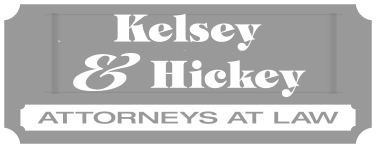A non-disclosure agreement (NDA) is your first legal line of defense when it comes to protecting your trade secrets and confidential information. Therefore, it helps to have a comprehensive document that will shield your business interests from unauthorized third parties.
First, it helps to understand that NDAs are legal documents. Once signed, they create a legal obligation for the parties involved to maintain confidentiality as defined by the agreement. It also means that an NDA that does not meet legal standards risks being unenforceable or invalidated.
Qualities of an effective NDA
A well-crafted NDA should clearly define what constitutes confidential information and what the agreement covers. The duration of the NDA and how it will be terminated should also be outlined clearly to avoid confusion or misunderstanding.
An effective NDA should include all the relevant parties. Forgetting to include subcontractors, affiliates or even certain categories of employees in the agreement could create gaps, allowing information to leak through unexpected channels.
The language used should be clear. There is no room for ambiguity in NDAs, given the risk of disputes and potential compromises of the protected information. For instance, a loosely worded NDA may be subject to misinterpretation that can render it ineffective.
Do not take costly chances with your NDAs
An NDA can safeguard your business interests, ensure that sensitive information remains protected and minimize the possibility of costly breaches or legal complications. You cannot afford any loose ends with such a crucial document.
Reaching out for qualified guidance for a tailored approach can help you do everything right, and rest assured you have a comprehensive, legally enforceable agreement.
